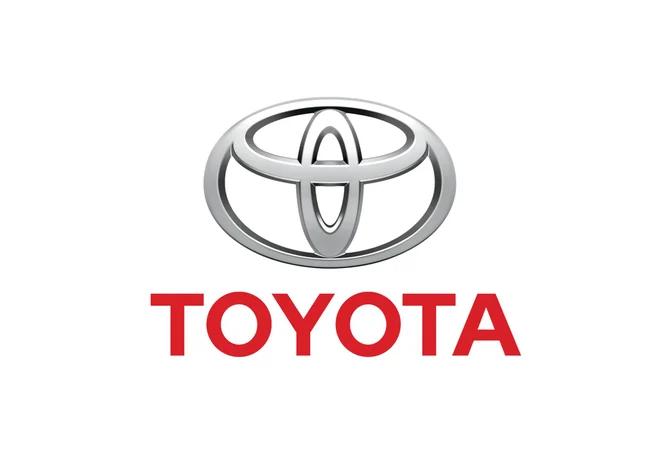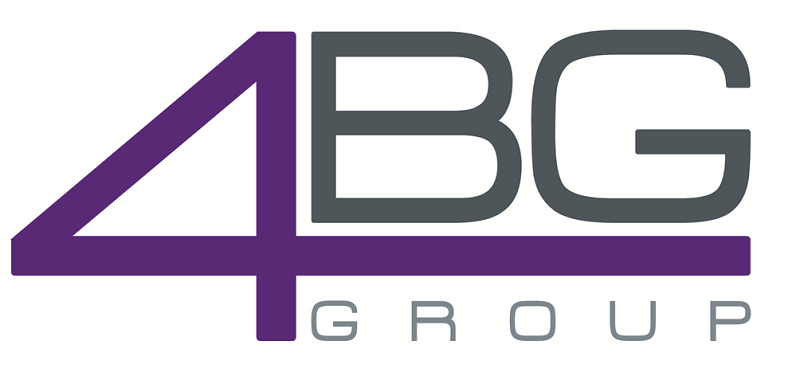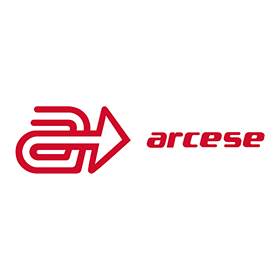Factory Flooring Contractors London
Engineered Flooring for Production & Process Areas
Factory Flooring Specialists Across Greater London
We install heavy-duty industrial epoxy flooring for factories across Greater London and the M25. Our teams work in Dagenham, Park Royal, Hayes, Enfield, and Walthamstow.
London's specialist factory flooring contractors since 2008. We handle machinery loads, oil spills, and continuous forklift traffic with chemical-resistant systems built to last.
Our warehouse flooring and commercial flooring solutions cover production floors, loading bays, and assembly areas.
Factory Flooring Built for Your Industry
Minimal Disruption Factory Installation
We install section by section so your London factory keeps running. Our teams work nights and weekends to minimise production downtime.
Our crews prepare every surface properly before coating. We test, repair, and prime concrete to ensure your floor bonds permanently.
Safety line marking integrates into the resin itself. Pedestrian routes and forklift lanes last 15+ years under heavy traffic.
Factory Flooring for Every Sector
We install oil-resistant floors for automotive factories from Park Royal to Dagenham. Our systems handle hot oil, hydraulic fluid, and heavy component drops.
Food processing plants across London trust our HACCP-compliant hygienic surfaces. We use rapid-cure resins that withstand daily steam cleaning.
Electronics and pharmaceutical factories need ESD flooring. Our teams install static-dissipative systems for clean room environments and data center flooring throughout Greater London.
Factory Flooring Investment
We quote factory flooring from £11-15 per m² for heavy-duty epoxy flooring systems. ESD and extreme chemical resistance solutions priced on survey.
Poor flooring costs more in accidents, delays, and failed audits. Our seamless systems reduce maintenance costs and last 15-20 years.
Contact us for references from factories across Hayes, Enfield, Walthamstow, and Greater London.
Factory Floor Certifications





Factories That Trust Our Floors



View Some of Our Previous Work





Frequently Asked Questions
We install ultra-heavy-duty systems designed for machinery loads. Our teams reinforce high-stress zones to handle presses and heavy equipment without damage.
We install thermal shock resistant systems for cold stores and hot process areas. Movement joints prevent cracking at temperature zone transitions.
Yes, our teams install around fixed machinery daily across London factories. We create precise terminations at equipment bases without disrupting production.
Our factory floors last 15-20 years with proper maintenance. Many London clients report floors looking nearly new after a decade of heavy use.
We comply with HSE, COSHH, and BRC standards. Full documentation including slip resistance and chemical resistance certificates provided.
Ready to Upgrade Your Factory Floors?
Get expert assessment and quotation from factory flooring specialists